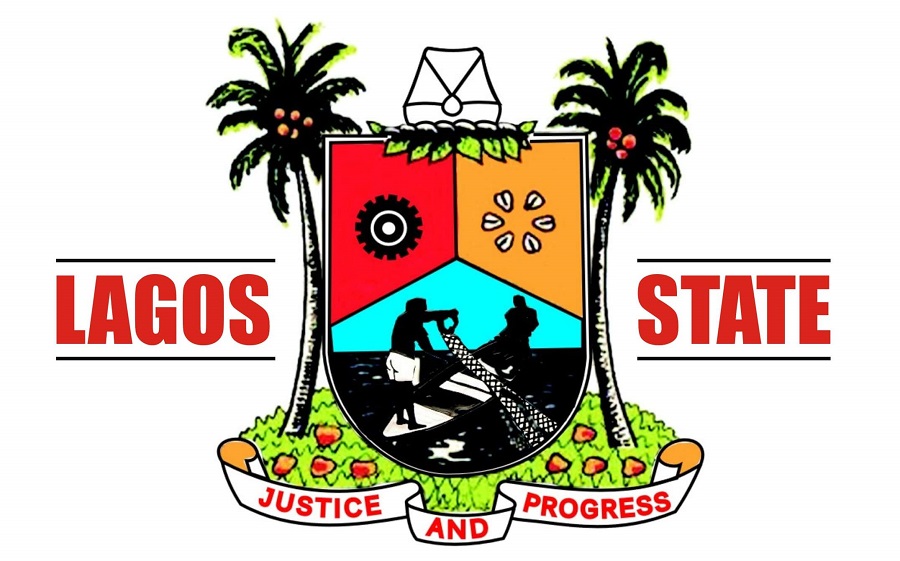Nigeria loses an estimated $3.0 billion every year due to the economic consequences of gender-based violence, according to figures presented at a symposium hosted by the Lagos State Government.
The event, organised by the Domestic and Sexual Violence Agency (DSVA), focused on the impact of sexual and gender-based violence (SGBV) on labour and organisational productivity in the workplace.
Advertisement
Held on Victoria Island, the symposium brought together over 130 professionals from the banking, oil and gas, hospitality, FMCG, and trade union sectors.
In her address, the Executive Secretary of DSVA, Mrs. Titilola Vivour-Adeniyi, described SGBV as not only a human rights issue but also a pressing economic challenge.
Citing the 2018 Nigeria Demographic and Health Survey, according to a statement on Thursday by Lagos DSVA’s spokesperson, Adejoke Ladenegan-Oginni, she noted that the country loses approximately $3bn annually, representing about one percent of its GDP, due to gender-based violence.
She also presented findings from a recent DSVA survey involving 549 professionals, which revealed that more than 70 percent had experienced some form of harassment in the workplace, 89.3 percent knew someone who had been affected, and only 4.5 percent reported never encountering such misconduct.
Advertisement
Speakers at the symposium underscored the urgent need for enforceable workplace policies that protect employees, uphold dignity, and promote inclusive environments.
Chief Marketing Officer at AXA Mansard, Mrs. Adebola Surakat, reiterated her organisation’s commitment to raising awareness and supporting advocacy efforts.
Chairman of the Lagos State House Committee on Women Affairs, Princess Omolara Olumegbon, emphasised that SGBV is both an economic and societal concern, and assured that the House will continue to strengthen relevant legal frameworks to ensure accountability and protection.
The keynote address was delivered by Dr. Kemi Da-Silva Ibru, Founder of the Women At Risk International Foundation (WARIF), who highlighted the toll that workplace harassment and violence take on productivity.
She called for zero-tolerance policies, robust reporting mechanisms, and survivor support systems as critical tools for organisational sustainability and employee well-being.
Advertisement
A panel discussion, moderated by Ms. Anuli Aniebo, featured contributions from leading voices including Comrade Oyinkan Olasanoye, Dr. Nkechinyere Duru, Dr. Iyadunni Atinuke Gbadebo, Mrs. Olubusola Abidakun, and Comrade Abiodun Aladetan.
The panel explored practical strategies for prevention and response.
One of the highlights of the event was the official launch of the Lagos State Guidelines for Preventing and Addressing Sexual Harassment in the Workplace.
The document serves as a pioneering framework designed to help organisations across Lagos build safer, and more inclusive organisations.
The event was supported by TelMD, Wema Bank, AXA Mansard, and the Trade Union Congress Women’s Commission.
In her closing remarks, Dr. Gbonjubola Abiri, Consultant Psychiatrist and CEO of Redimed Consulting Services, thanked all attendees and partners for their dedication to addressing the critical issue of gender-based violence.
Advertisement
THE WHISTLER reports that between January and August this year, Lagos DSVA has handled 5,557 cases of SGBV. This is according to Jubril Gawat, Senior Special Assistant on New Media to Governor Babajide Sanwo-Olu.

